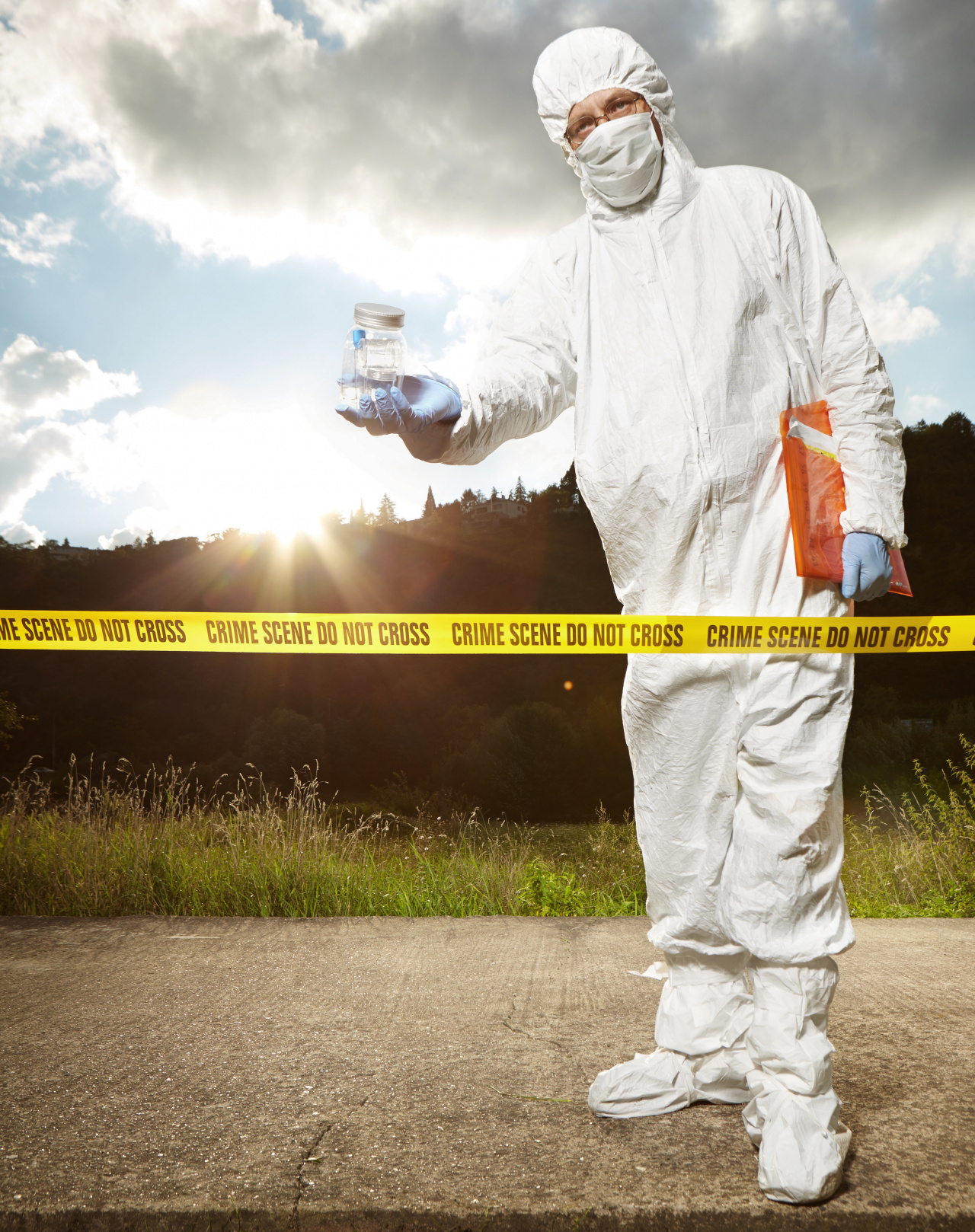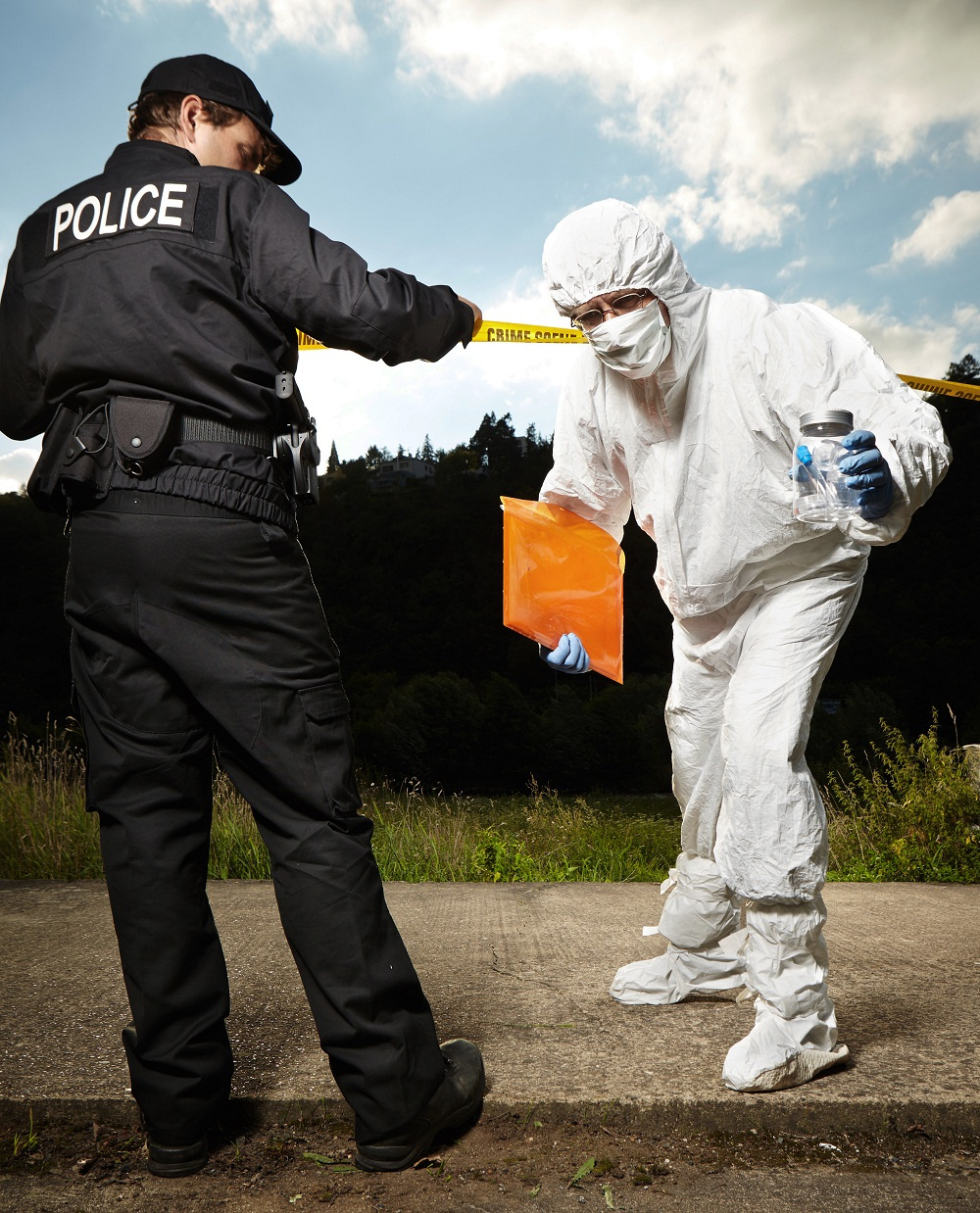The Importance of Cleaning A Crime Scene Correctly

When it comes to cleaning a crime scene, with the experienced team at a crime scene restoration company in Champaign, IL, to understand the do's and don'ts better. It may seem like a simple enough process, but there are legal and technical concerns when it comes to cleaning a crime scene. As a rule, it's always wiser to let the experts handle it. They can save you a lot of time and frustration, and they might even keep you from getting into unintended legal trouble.
Law
When do you begin cleaning a crime scene? Do you start the next day or the following week? Can you re-enter the area? What constitutes tampering with evidence? This is easier to figure out than you think. The restoration company will coordinate with law enforcement to confirm when the crime scene has been released, so they can begin cleaning the space. You don't have to handle any of the logistics yourself. The professionals will handle the time frame and begin the work as soon as it's allowed.
Health
It shouldn't be surprising to learn that body fluid poses one of the most common health risks when it comes to restoring a crime scene. However, you may be amazed by how serious a health risk body fluid can pose. Blood can easily transmit pathogens and disease. If left untreated, bacteria, mold, and mildew can easily spread. Anyone who comes in contact with the area could be exposed and harmed.
At an office, this might be limited to people working nearby. If you can relocate that personnel temporarily, it will certainly aid with keeping them safe. Unfortunately, it's not always so easy. Sometimes the public has easy access to a location, and it becomes more challenging. Fortunately, there are standard protocols and regulations already established to avoid ruining evidence and to safeguarding health and safety. As long as you follow instructions, everyone should be able to avoid any health hazards posed by the crime scene.
Safety
Sometimes, a person's first impulse is to simply start cleaning. This is understandable, but it's a bad idea. Safety equipment needs to be worn, and cleaning materials need to be discarded properly. There are OSHA regulations in place to ensure safety and prevent accidental contamination. If you're going to clean a crime scene, you need the right safety gear, cleaning equipment, and you should have proper training and experience.
These precautions protect both the people doing the work and anyone else in the area. A buffer zone needs to be set aside, and everyone working in the space always needs to be wearing protective gear. It's incredibly easy to wipe the sweat away from your forehead or touch your face. People do it all the time without even thinking about it. Unfortunately, this is a great way to infect yourself. When cleaning a crime scene, safety is always your primary focus.
 Damage
Damage
Household cleaning agents and industrial cleaners are used when restoring a crime scene, depending upon the need. Although household cleaners might seem harmless enough, they can harm certain surfaces. Cleaners can cause staining, discoloration, or damage to certain materials or items. Common items or sensitive equipment could cause harm. Therefore it's so important to have experienced and trained personnel. While cleaning the scene is the main goal, you don't want to cause any accidental damage.
A crime scene restoration company in Champaign, IL, does more than remove stains. By following legal guidelines, and adhering to regulations and safety precautions, a professional team can clean the area and avoid any negative consequences. It's the fastest and most effective option. Contact the experienced experts at Forensic Restoration Services at (217) 254-6364 if you'd like to know more.
Keep Your Home & Family Safe












